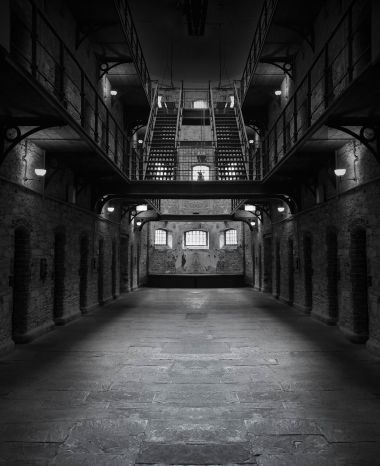People reminded that prisoners are Christians, too: 'We have a duty to support them, not segregate them'

It's true that prisoners have committed crimes and therefore have to pay for it. But Cardinal Vincent Nichols of Westminster believes that prisoners should not be treated differently than others, since they can still deepen their faith and start new lives after returning to society.
"We have a duty to support them, not segregate them. Without this welcome, any redemption they found in prison and any motivation they have to reform will be wasted, along with all that they have to offer," Nichols said during a gathering of prison chaplains on Tuesday at St. Mary's University, Twickenham, according to the Catholic News Agency.
Nichols could not forget the question one young prisoner asked him as he was about to be released from jail. The man pointed to his knife scars and the tattooos on his face and neck then asked, "How can I walk through the door of a church looking like this?"
The cardinal said those words are a challenge to people from the church, who now will have to ask themselves if they can welcome anybody, regardless of how one looks like, into their own parish.
"Through your vocation, you enrich the lives of some of the most vulnerable people in our society in work that has been given a fresh highlight in this Year of Mercy," he said.
Nichols said church people have a responsibility to bring prisoners closer to God and help them cope "during this intensely testing period of their lives." It is vital that their connections with the Catholic community are maintained even inside prison walls, because they need to understand and deepen their faith.
Sadly, Nichols said some prisons have shabby living quarters. Depriving someone of liberty is punishment enough, said the cardinal, adding that there is no good reason to reasonably argue that prisoners deserve "rubbish, damp, dirt, graffiti, and unhygienic facilities."
"We think of ourselves as a civilised society, yet we know that in practice our treatment of prisoners often falls short of acceptable standards," he said. "The care of prisoners, therefore, is a measure of the maturity of a society."











